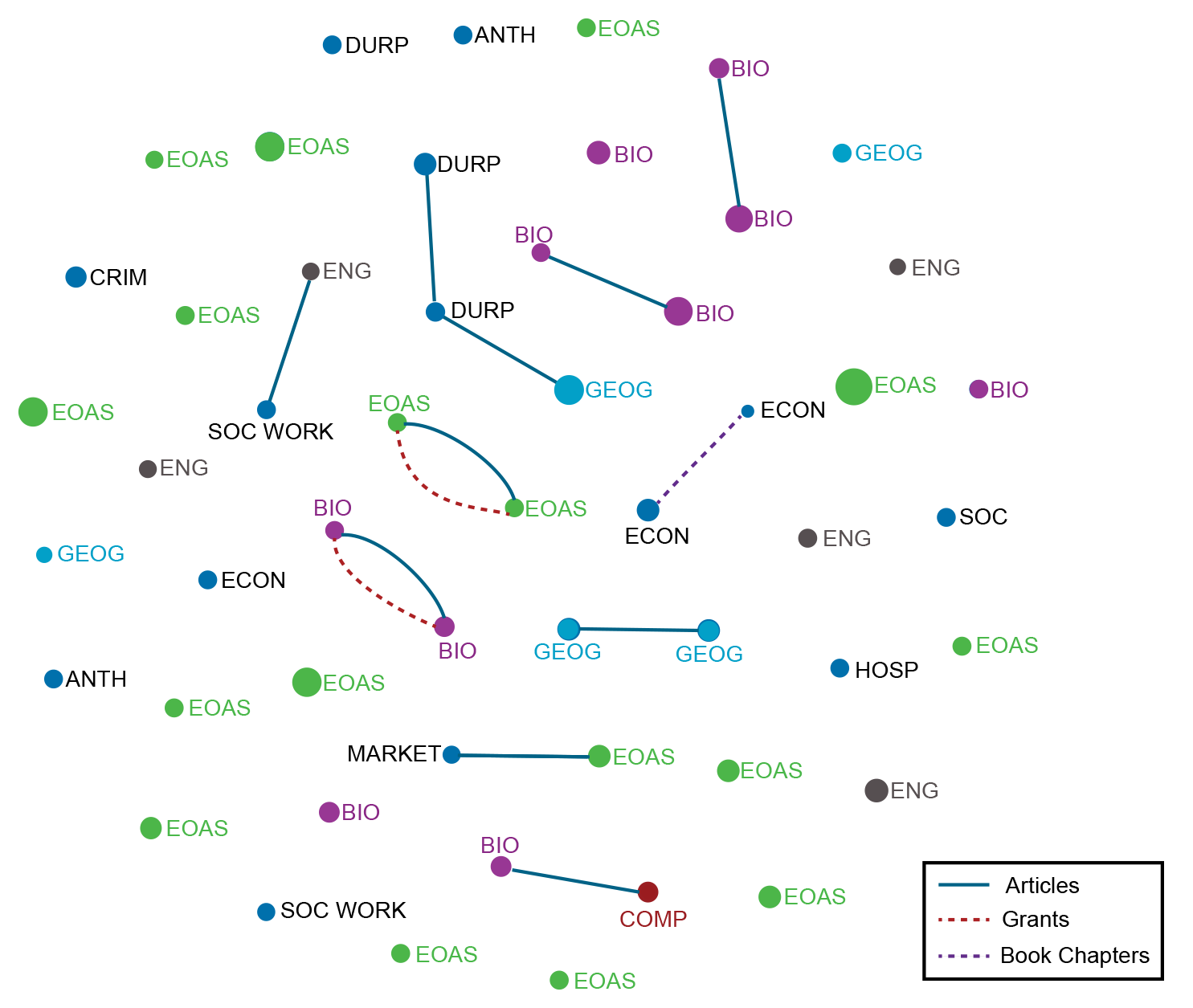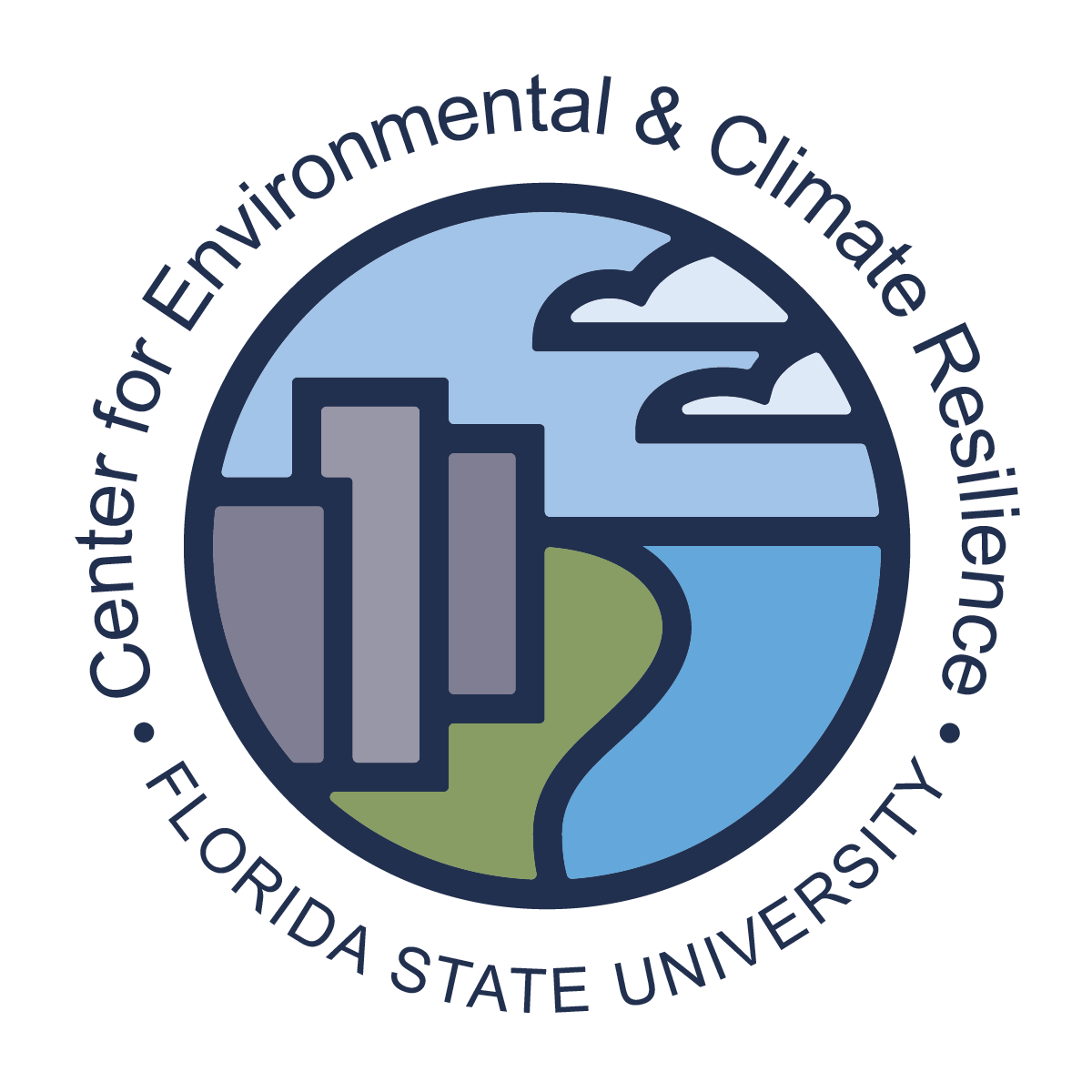Mission
The CECR facilitates high-impact, interdisciplinary research at Florida State University that addresses the interacting environmental, societal, and infrastructural challenges of climate change and provides a data-driven roadmap for building a more resilient Florida.
Vision
What does it mean to be resilient? How do we build a resilient Florida? Communities are grappling with the ever-pressing challenges of more frequent and severe extreme weather and increasing climate variability. Extreme events disrupt livelihoods and threaten the wellbeing of individuals and the fabric of our communities, as well as the health and durability of the natural ecosystems on which we depend.
There are many facets to understanding how ecosystems respond to natural disasters and environmental change, whether ecosystems exhibit resilience when faced with perturbations, and how the interconnectedness of human and ecological systems can shape future resilience. These complex and interrelated challenges necessitate an interdisciplinary approach to understanding how these systems will respond.
The CECR brings faculty, staff, and students across the Florida State campus together with community stakeholders to increase high-impact interdisciplinary inquiry toward the co-generation of new problem-solving techniques, new paradigms of resilience thinking, and innovative solutions that span traditional disciplinary boundaries to ensure natural and human systems thrive in the face of uncertainty and change.
Motivation
This network figure illustrates the range of climate-related research activities across the FSU community. While the figure exemplifies the vast expertise at FSU in regards to climate research across FSU departments and colleges, the lack of connected nodes suggests that few researchers are carrying out collaborative research with other FSU faculty members. In addition, this network figure does not fully capture and represent all the people or departments engaged in climate-related research across campus. CECR was created to help address this lack of connectivity and provide a centralized space for research, outreach, and education at FSU. Through CECR, our goal is to facilitate and promote high-impact multi- and inter-disciplinary resilience research at FSU that provides critical data toward building more resilient systems in Florida and beyond.
 Each node, or circle, in the network figure represents an FSU faculty member who is carrying out environmental and climate related research activities. The circle size corresponds to the number of articles, grants, or book chapters that faculty member has. The circle color corresponds to the department that faculty is affiliated with. The departmental abbreviations are as follows: Earth, Ocean and Atmospheric Science (EOAS), Biology (BIO), Scientific Computing (COMP), Geology (GEOG), Engineering (ENG), Economics (ECON), Urban and Regional Planning (DURP), Marketing (MARKET), Sociology (SOC), Social Work (SOC WORK), Hospitality Administration (HOSP), Anthropology (ANTH), and Criminology and Criminal Justice (CRIM).
Each node, or circle, in the network figure represents an FSU faculty member who is carrying out environmental and climate related research activities. The circle size corresponds to the number of articles, grants, or book chapters that faculty member has. The circle color corresponds to the department that faculty is affiliated with. The departmental abbreviations are as follows: Earth, Ocean and Atmospheric Science (EOAS), Biology (BIO), Scientific Computing (COMP), Geology (GEOG), Engineering (ENG), Economics (ECON), Urban and Regional Planning (DURP), Marketing (MARKET), Sociology (SOC), Social Work (SOC WORK), Hospitality Administration (HOSP), Anthropology (ANTH), and Criminology and Criminal Justice (CRIM).



